Researchers are developing an innovative device designed to deliver chemotherapy directly to the surgical site, aiming to reduce the risk of pancreatic cancer recurrence.
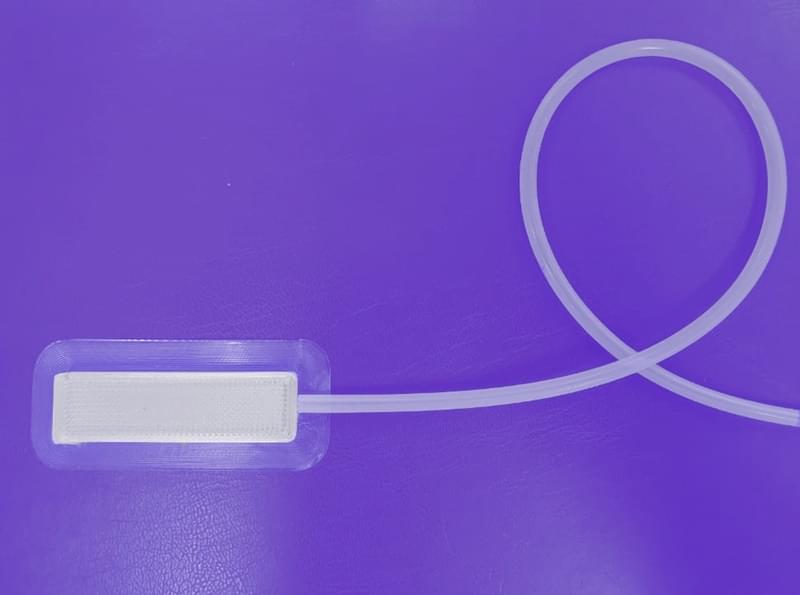

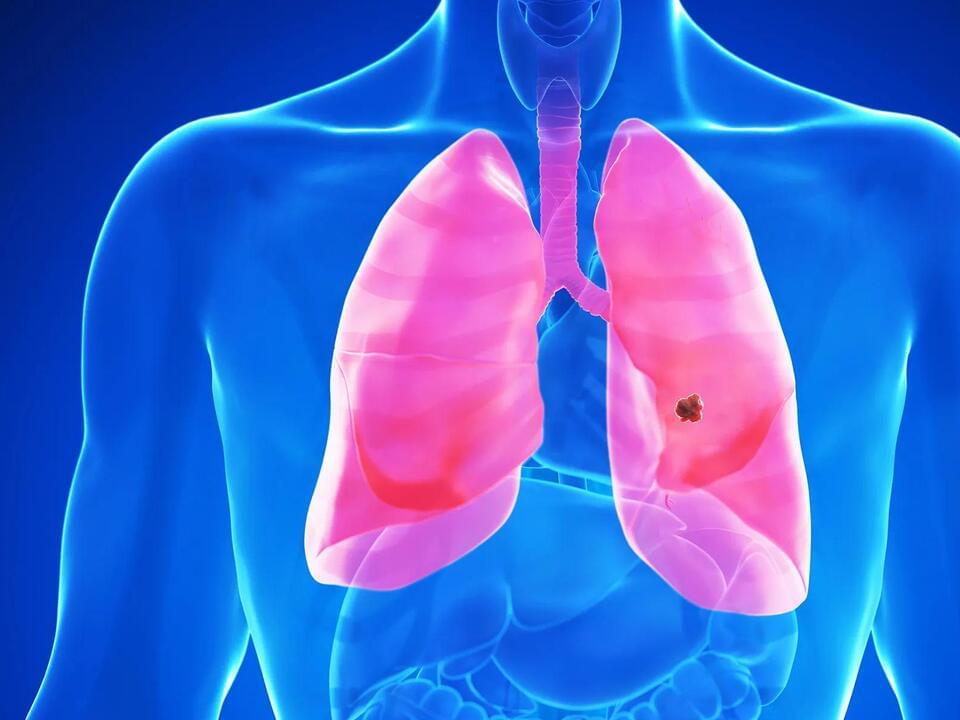

The city is considering whether to spend federal funds to offer personalized transcranial magnetic stimulation, or PrTMS, to public safety personnel who may feel groggy from poor sleep or want to improve interactions with the public.
Dr. Kevin Murphy explained the drug-free, noninvasive therapy at workshops Monday in Turlock. Therapy performed in a clinic directs magnetic pulses to stimulate electrical activity in neurons in the brain to regulate moods and restore mental well-being. The treatment is tailored for each individual based on an EEG and mapping of brain activity.
Murphy said the benefits for first responders will be fewer injuries and complaints, better sleep and employee satisfaction. The doctor said improved sleep is a common denominator for people who come into the clinic struggling with different issues.
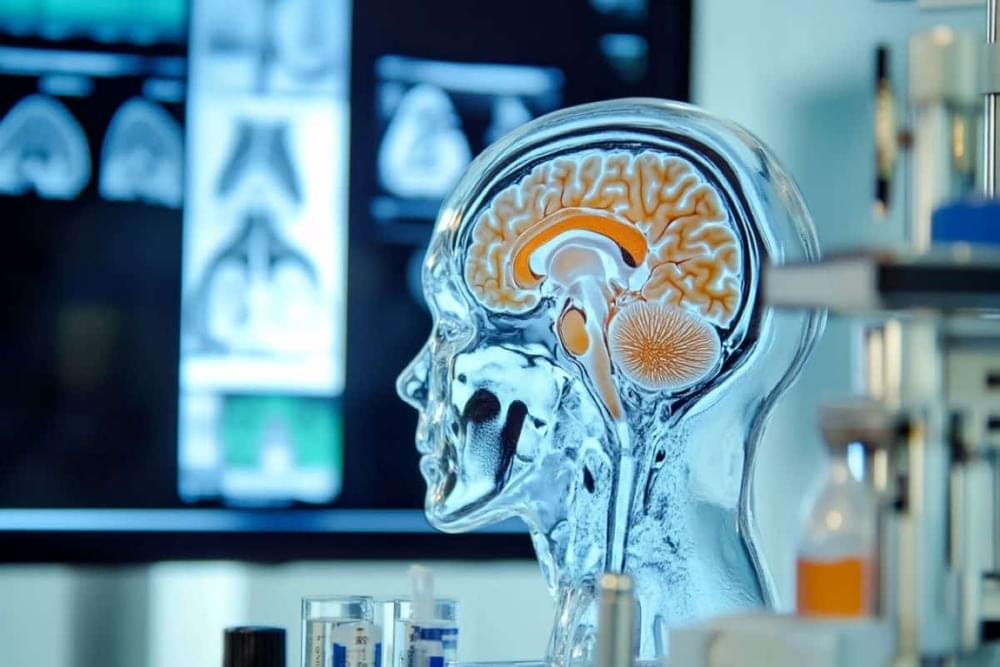
Summary: New research in mice reveals that aging slows the brain’s ability to clear out harmful waste, contributing to neurological disorders like Alzheimer’s and Parkinson’s. Scientists have found that restoring function in the brain’s waste-clearing system, known as the glymphatic system, can reverse these age-related effects.
Using a clinically approved drug, researchers increased the efficiency of waste removal, offering a potential treatment strategy for age-related brain diseases.

University of Colorado Boulder scientists have discovered that proteins left by COVID-19 can significantly lower cortisol levels in the brain, leading to heightened immune responses to new stressors.
This research, focusing on the neurological symptoms of Long COVID, utilized rats to demonstrate how SARS-CoV-2 antigens persist in the body and alter brain function. This persistent effect could explain the severe and varied symptoms of Long COVID, suggesting potential directions for further research and symptom management strategies.
Understanding covid-19’s long-term impact on the brain.
The brain-computer interface offers real-time feedback to boost rehab adherence.
Rehabilitation robots could help patients in the future by reading their neural activity via a headset.
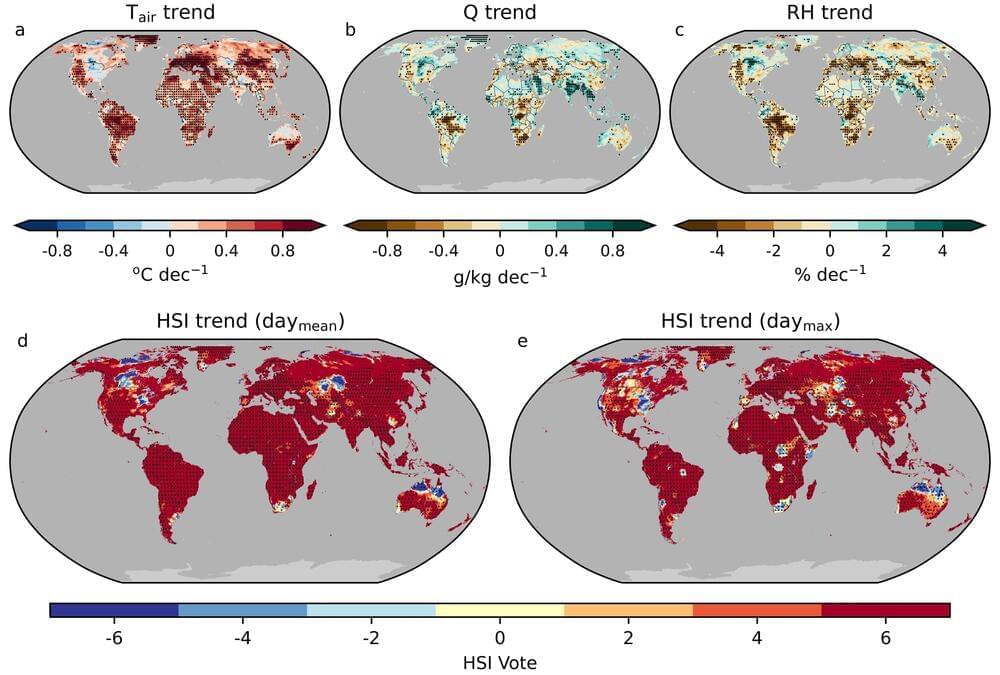
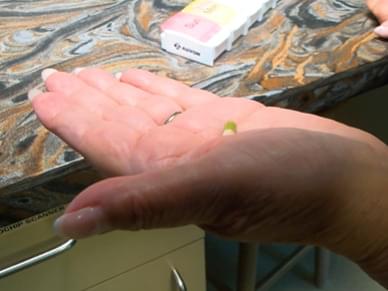
Next trial will be 10 dogs. And human trials for osteo-arthritis in late 2025.
SARASOTA, Fla. (WWSB) — We’ve all heard the phrase 50 is the new 40″ but what if 90 became the new 40? It may sound like science fiction but authors of a new age reversal study on dogs say it could be closer than you think.
One Suncoast rescue organization was granted permission to use the age reversal pill on two of it’s senior dogs struggling with health issues.
Less than six months ago, 12-year-old German Shepard Zeus was near death. His caretaker, Marsha Panuce at Donte’s Den in Myakka City, says she woke up one morning in March to find the dog clinging to life.
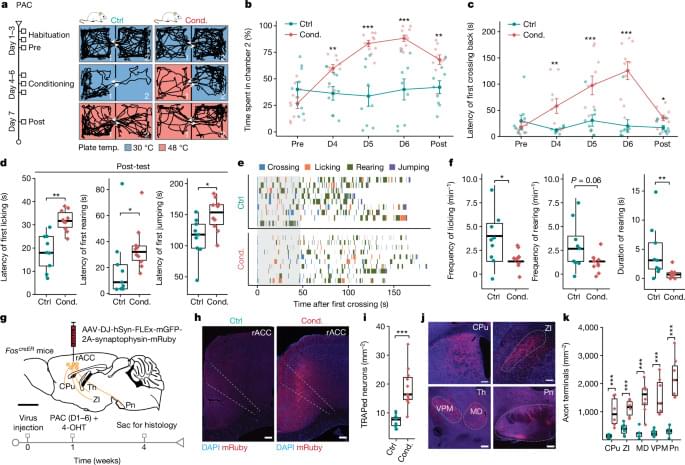
Enjoy the videos and music you love, upload original content, and share it all with friends, family, and the world on YouTube.